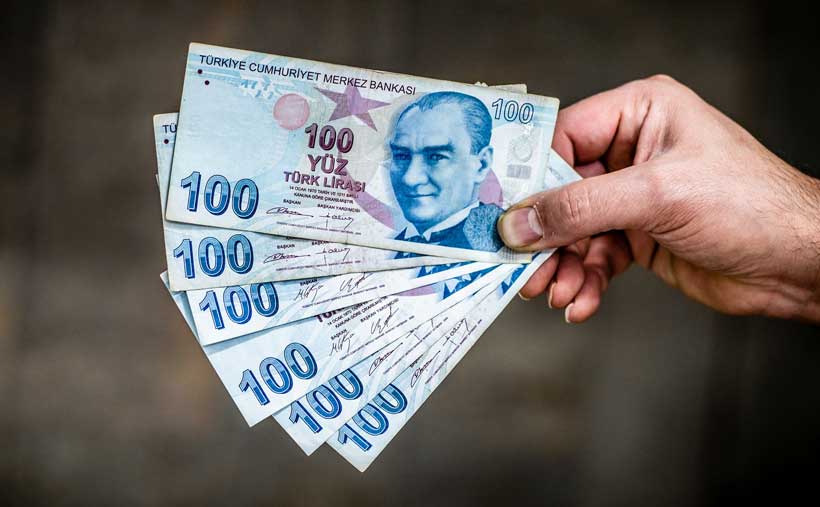In 2023, Turkey emerged as the frontrunner in the surge of ultra-rich people worldwide, according to a report by Knight Frank, a U.K.-based real estate consultancy. According to World Inequality Report 2022, the richest 10% earn 23 times more income than the poor bottom 50% in Turkey. The report also said that the top 10% earn 54.5% of the total income in the country.
In recent years, Turkey has also witnessed a boom in asset prices, a phenomenon that on the surface appears to signal economic vitality and prosperity. However, the narrative of prosperity in the country is a deeply flawed one. While a small elite has seen their wealth multiply, the vast majority of Turkish citizens are struggling with a widening wealth gap, stagnant wages, and rising living costs.
Asset Price Boom and the Sharp Depreciation of the Lira
At the heart of Turkey’s asset-price boom lies the concentration of wealth among the country’s elite. The surge in asset prices has disproportionately benefited the wealthy that are more likely to own assets such as real estate, stocks, and businesses. This concentration of wealth is not just a result of the asset-price boom but also a cause. The ultra-rich have the means to invest heavily in assets that continue to appreciate, further driving up prices. This creates a self-reinforcing cycle where the rich get richer, not always through productive contributions to the economy, but through the mere possession of wealth.
One of the most glaring consequences of the asset-price boom is the skyrocketing cost of living, particularly in urban centers like Istanbul, Ankara, and Izmir. Real estate prices have surged to levels that are increasingly unaffordable for the average Turkish family. Renting or purchasing a home in these cities has become an unattainable dream for many. According to housing price data from the Organization for Economic Co-operation and Development (OECD), Turkey is at the top of OECD countries both in terms of rent and housing prices.
The squeeze on living standards is further exacerbated by stagnant wages. While asset prices have soared, wages have not kept pace with inflation, leading to a significant erosion of purchasing power. The Turkish lira has depreciated significantly, and inflation has been running at double-digit rates.
Growing Wealth Gap and the Erosion of Social Mobility
The growing wealth gap and income inequality have had profound implications for social mobility in Turkey. Education, entrepreneurship, and personal initiative were seen as pathways to success. However, the current economic climate has destroyed this narrative.
The growing wealth gap is creating an increasingly rigid class structure, where the wealthy are able to pass on their advantages to their children, while the rest of society is left to struggle with diminishing opportunities. This is leading to a sense of resentment among the youth, who would like to leave the country because of economic hardship.
The Role of Government
Turkish government has played a significant role in exacerbating the inequalities brought about by the asset-price boom. Rather than addressing the root causes of inequality, the government has pursued policies that have disproportionately benefited the wealthy. Tax policies that favor capital gains over labor income have contributed to the current situation.
Turkey’s current financial situation is under the shadow of a deep crisis and an enormous unfairness. The current model, which prioritizes the accumulation of wealth among the elite at the expense of the broader population, is unsustainable. If Turkey is to avoid deepening social divisions and ensure a more equitable future, a new economic paradigm is needed—one that prioritizes inclusive growth, social mobility, and the well-being of all citizens, not just the wealthy few.
